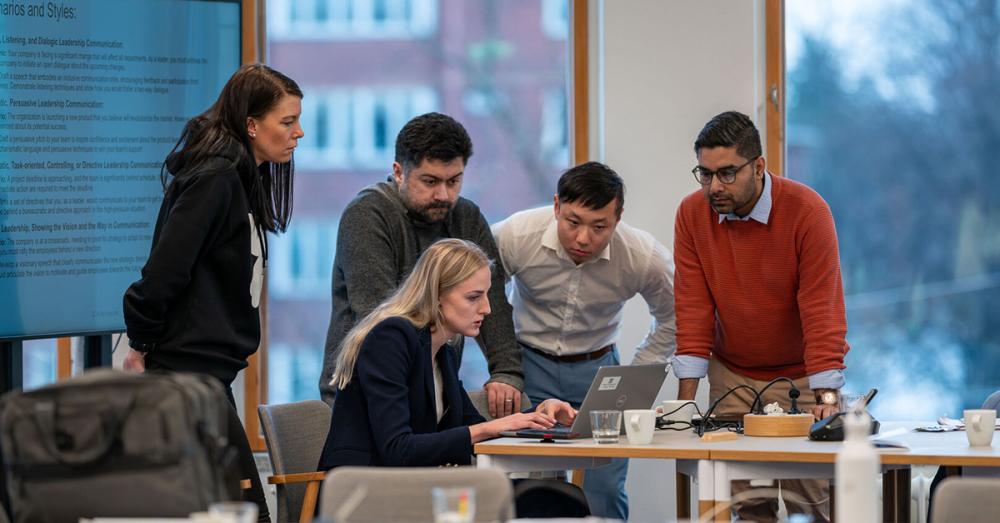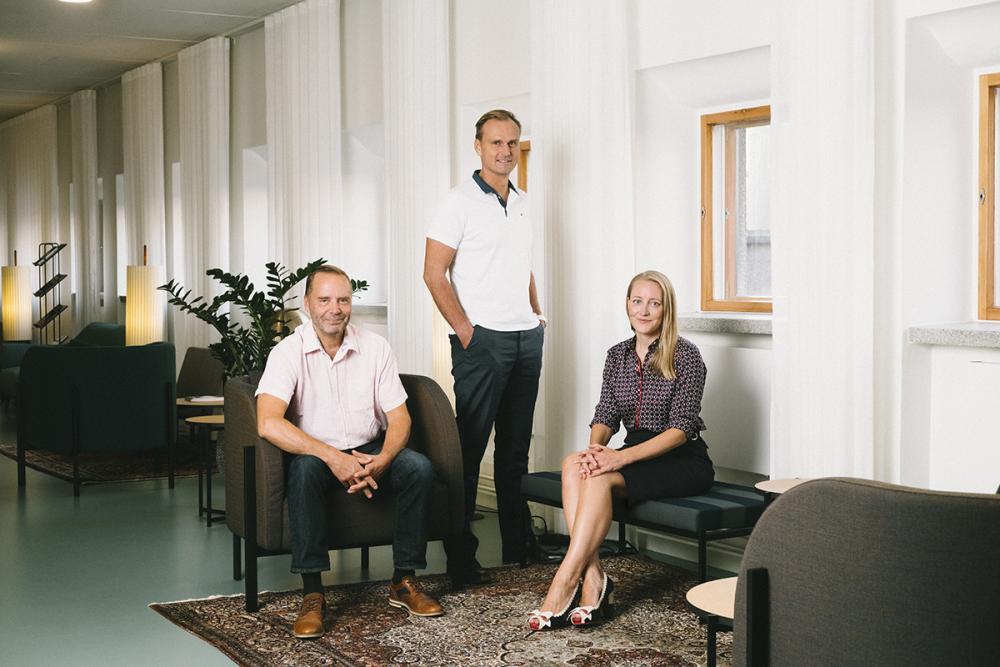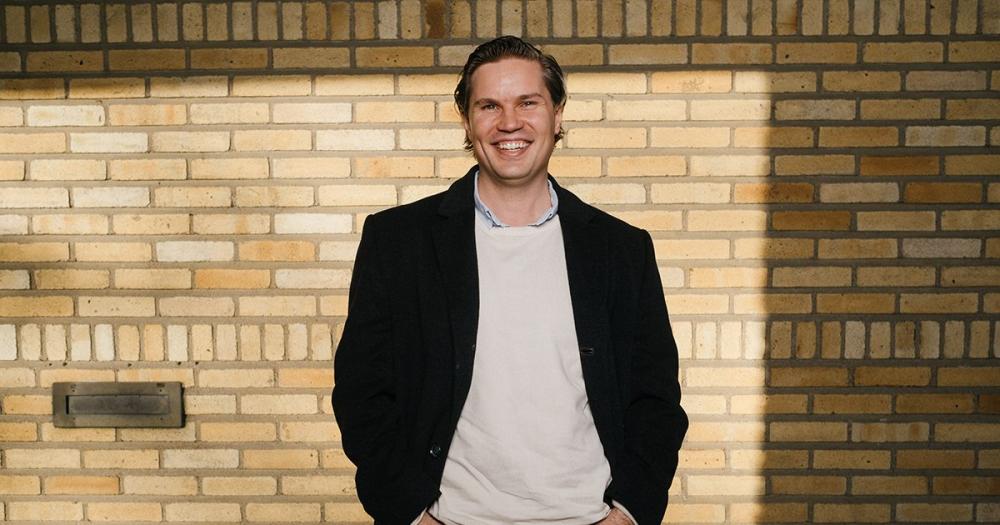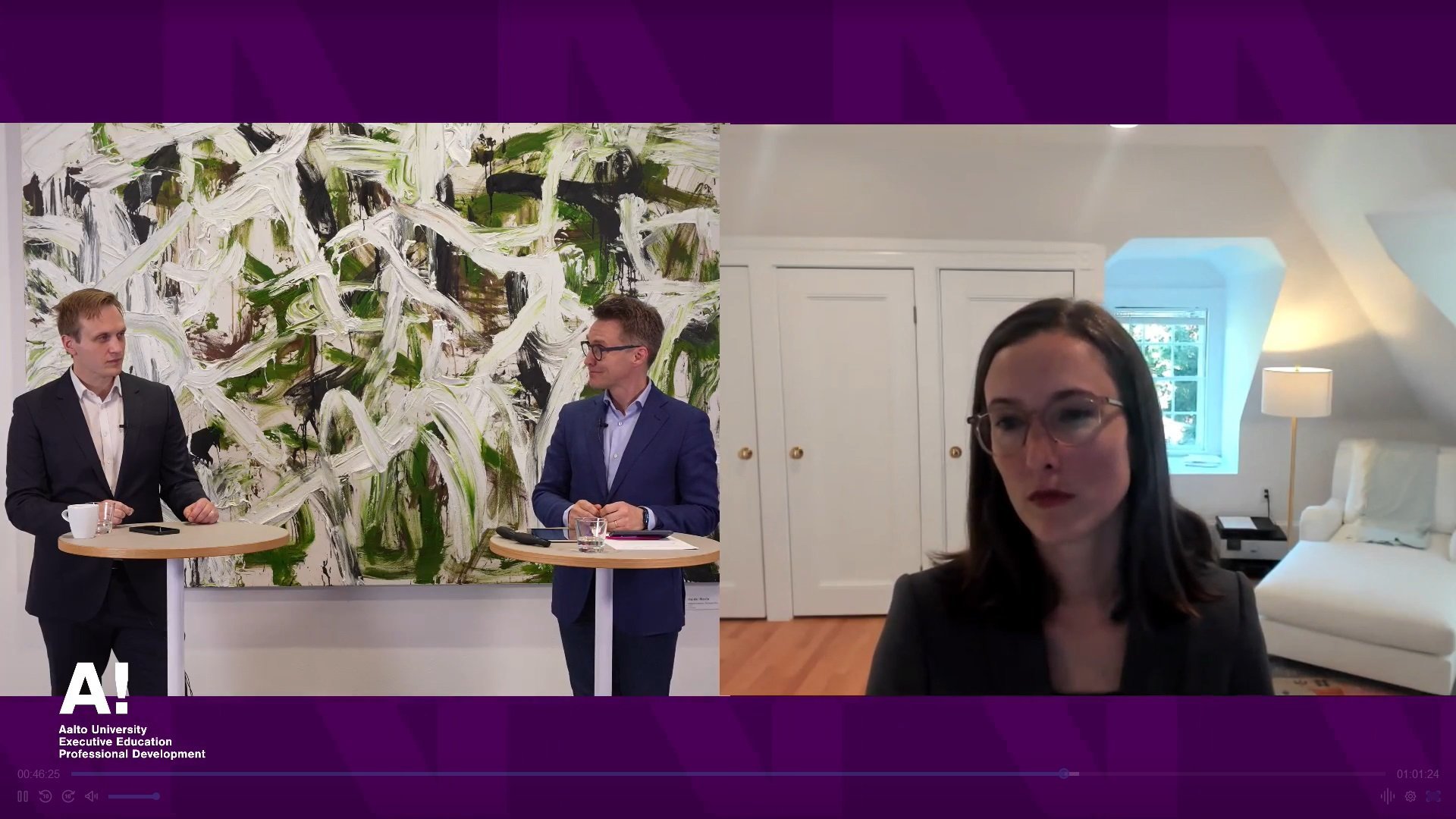Constant change in working life is inevitable. At the same time, in work communities, any change can be seen as either a threat or an opportunity.
We often have a tendency to see technological changes in a negative light. Although, for example, AI-based applications make it possible to do things in a new way and often more efficiently, not all employees are automatically excited about the changes.
A webinar organized by Aalto EE in September 2023 discussed how a leader can successfully advance the transformation related to AI and make their teammates excited about the change.
The speakers at the webinar were Timo Vuori, professor of strategy at Aalto University, and Emily Truelove, assistant professor at Harvard Business School, one of the top five business schools in the world. Patrick Furu - Director, Customized Design at Aalto EE - moderated the discussion.
When the benefits of change are understood, relevance and enthusiasm increase
Changes can cause a variety of negative emotions.
An employee who perceives change as a threat may fear losing something. They may find it difficult or stressful to need to learn something new again.
According to Vuori, in many organizations, the problem is that negative feelings are not respected.
Speaking at the Driving AI Transformation with Passion – A Leadership Perspective webinar, Vuori said that you should always pay attention to emotions. People must be given the opportunity to voice their emotions before any action is taken.
“Reduce obstacles before you start creating excitement. Before you get excited, you need to recognize that there are different reasons to resist change,” advises Vuori.
It is important for a leader to know how to communicate with their team why the change is needed and what are its benefits in a wider context. When there is a consensus on the matter in the work community, the feelings of meaning and enthusiasm grow.
A change agent can get disappointed as well
In her presentation, Truelove spoke about the feelings of disappointment experienced by change agents. He shared a cautionary example of change leadership from an advertising company.
Although the company saw technological change as an opportunity for both financial gain and to enhance creative competences, eventually things went wrong.
In organizational changes, so-called change agents play a key role. They promote the realization of change and make it possible by supporting and inspiring others in the change.
But what if the change agent loses faith in what the company is doing?
In the example shared by Truelove, this is exactly what happened. The situation got worse as the employees did not acknowledge their negative emotions and discuss them. Emotions were acted out in dysfunctional ways, which had a significant impact on the change the entire organization went through.
What should a leader consider when they want to make their employees excited about the possibilities created by AI? How to prevent change agent disillusionment that may threaten the success of the whole transformation? Register and watch the webinar recording for free below. At the end of the recording, Vuori and Truelove also answer numerous questions from the audience.





















